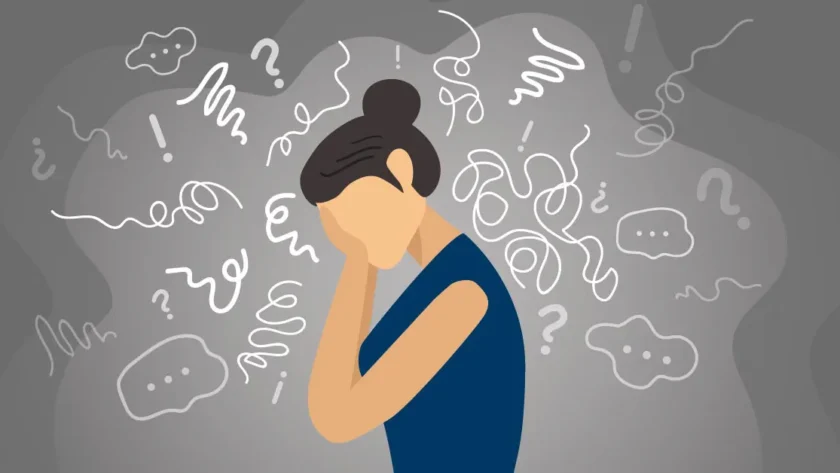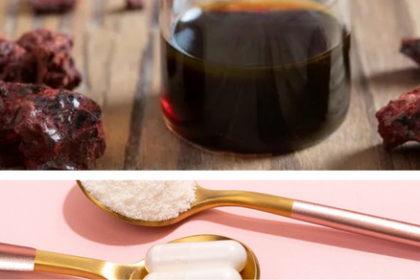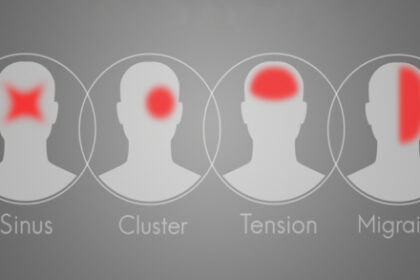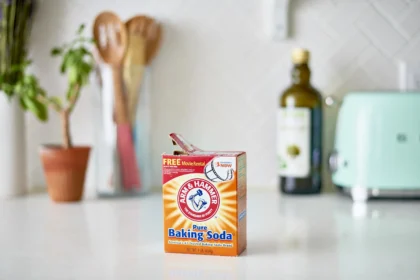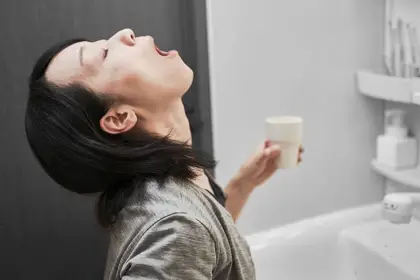Anxiety is a part of life at times, and okay if understood and doesn’t become chronic. However, when a person regularly feels disproportionate levels of anxiety, it might become a medical disorder. Anxiety disorders form a category of mental illnesses, and the symptoms can be debilitating. Wreaking havoc and causing intense stress over time.
Anxiety disorders cause excessive fear and worry, and these feelings are often disproportionate to the actual danger posed by a situation. People with anxiety disorders often experience physical symptoms such as a rapid heartbeat, sweating, and dizziness.
Anxiety disorders can develop from a combination of genetic, environmental, and psychological factors. Traumatic life events, ongoing stress, and imbalances in brain chemistry can all contribute to the development of anxiety disorders. It could be one, a few, or all of these factors at play.
Anxiety disorders can be treated with therapy, nutrition, or ideally a combination of both. Cognitive-behavioral therapy is a common and highly effective form of therapy for anxiety disorders. It helps individuals recognize and change negative thought patterns and behaviors.
It’s essential to seek help if anxiety is impacting daily life and functioning. Without treatment, anxiety disorders can become chronic and interfere with a person’s ability to work, go to school, and form and maintain relationships. With proper treatment, many individuals with anxiety disorders can lead fulfilling lives.
It’s important to keep in mind that we all experience anxiety and it is a normal emotion that can become a medical disorder when it becomes excessive and chronic. It is treatable through and that’s what ‘s important to keep in mind here.
There are many treatments for anxiety that could be used, and some will be more effective for some while others will be more effective than others. The cause of your anxiety is important to understand to really create the progress needed to keep anxiety at bay.
What Are Some Big Causes Of Anxiety?
The exact cause of anxiety disorders is not known, but they often develop from a combination of genetic, environmental, and psychological factors. Some of the most common causes of anxiety include:
- Life stressors: Traumatic life events such as a death of a loved one, divorce, or job loss can trigger anxiety.
- Genetics: Anxiety can run in families, and some studies suggest that certain genetic mutations may increase the risk of developing anxiety disorders.
- Brain chemistry: Imbalances in brain chemicals such as serotonin, dopamine, and norepinephrine can contribute to anxiety.
- Substance abuse: Substance abuse and withdrawal from drugs or alcohol can trigger symptoms of anxiety.
- Chronic medical conditions: Chronic illnesses such as heart disease, diabetes, or chronic pain can contribute to feelings of anxiety.
It is important to note that multiple factors can interact and contribute to the development of anxiety disorders, and every individual’s experience is unique. There is however one condition that is said to cause anxiety in almost everyone and said to be one of the main causes overall. But the biggest cause of ongoing anxiety is unhealed trauma..
The Connection Between Unhealed Trauma & Anxiety
Anxiety is a future oriented mental condition where we are trying to get out of the present moment by inching into the future. It causes us to feel stress because nothing is good enough, fast enough or effective enough to be considered right now. This future paced mentality creates dissension between the brain, body and nervous system.
Trauma is a significant event that can result in physical and emotional harm. When individuals experience trauma, they often struggle to process their emotions and experiences. If this trauma goes unhealed, it can lead to various forms of mental health issues, including anxiety.
Anxiety is a natural response to stress and danger, however, unhealed trauma can trigger excessive and persistent anxiety. Trauma can alter the way a person views the world, leading to feelings of insecurity and a persistent sense of danger. This can result in symptoms such as panic attacks, constant worry, and an inability to relax.
Individuals with unhealed trauma often experience intrusive thoughts and memories that can trigger anxiety symptoms. The memories and emotions associated with the trauma can be extremely distressing and can cause a person to feel as if they are re-experiencing the traumatic event. This can result in physical symptoms such as increased heart rate and difficulty breathing.
Furthermore, unhealed trauma can also impact a person’s relationships and social interactions. Those who have experienced trauma may struggle to trust others, leading to feelings of isolation and loneliness. This can exacerbate anxiety symptoms, as individuals may feel as though they are constantly on guard, waiting for something bad to happen.
Treatment for unhealed trauma and anxiety can include therapy or emotional wellness coaching as an alternative to therapy, or a combination of all. Talking through the traumatic event with a trusted emotional wellness coach can help individuals process their emotions and experiences. This can lead to a greater understanding of the trauma and its impact, helping to reduce anxiety symptoms. Minerals are often important as they help to reduce stress and anxiety as a whole. Magnesium and B-vitamins for example are big culprits in causing more anxiety. So get plenty of magnesium and B-vitamins in your diet and life!
Recommended Resources:
- Magnesium Supplement: I recommend the bioptimizers magnesium supplement which contains multiple forms of magnesium for sleep, brain health and more. Click here to get the best magnesium pills! Use the discount code: Healthywildandfree to get 10% off your order!
- Get Emotional Wellness Coaching: Therapy is one option, but emotional wellness coaching is another. You can book a free 15 minute session with emotional wellness coach David Benjamin by clicking here, or you can view his emotional wellness videos on instagram here or youtube here. Feel free to direct message him about a free consult!
